About Consortium
Participating Organisations
The Play2Green project is implemented by the international consortium consisting of 5 higher education institutions (HEI) and 1 non-governmental organization (NGO), from 4 EU countries (Croatia, Spain, France, Hungary).
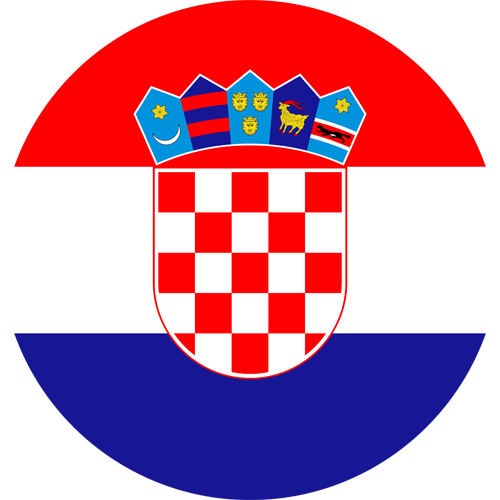
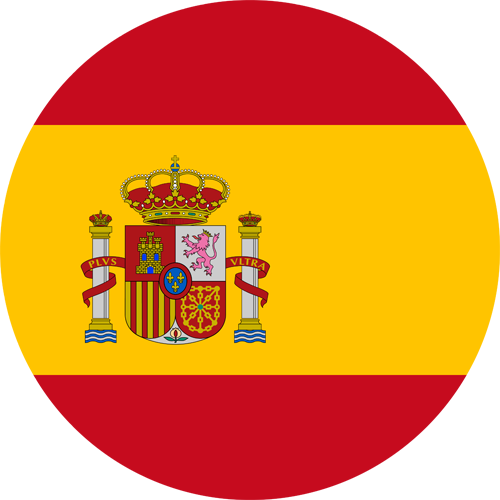
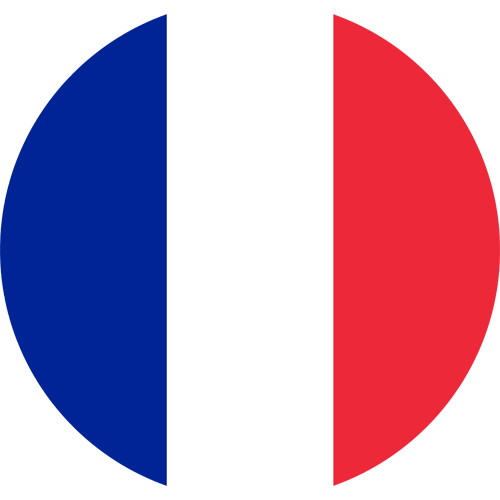
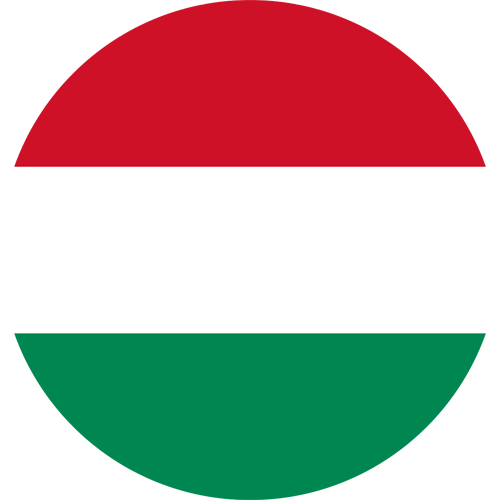

University of Zagreb, Faculty of Electrical Engineering and Computing
The University of Zagreb (1669) is the oldest and biggest university in South-Eastern Europe. Ever since its foundation, the University has been continually growing and developing and now consist of 30 faculties, three art academies and the Centre for Croatian Studies. With its comprehensive programmes and over 70,000 full-time undergraduate and postgraduate students the University is the strongest teaching institution in Croatia. It offers a wide range of academic degree courses leading to Bachelor’s, Master’s and Doctoral degrees in the following fields: Arts, Biomedicine, Biotechnology, Engineering, Humanities, Natural and Social Sciences. It is also a strongly research-oriented institution, contributing with over 50 percent to the total research output of the country.
The Faculty of Electrical Engineering and Computing (FER) is the largest technical faculty and leading educational and R&I institution in the fields of electrical engineering, information and communication technology and computing in the Republic of Croatia. Being a constituent of the University of Zagreb, FER has its roots in the Technical Faculty, founded in 1919. In 1956, the departments of Technical Faculty grew into four new faculties, Faculty of Electrical Engineering being one of them. The Faculty offers today substantial educational and R&I facilities including 35 lecture halls, more than 60 laboratories, Congress centre, tele-conference centre, central library and 12 department libraries, student restaurant, sport and recreation facilities on 43308 m2. The Faculty is organised in 12 departments which represent the focal points of education, research and development in various fields. The present research and educational staff comprise more than 200 professors and 371 teaching and research assistants and around 3450 students at the undergraduate and graduate level and 399 PhD students. All those numbers clearly emphasize highly spirited activities in teaching and research.
The Faculty has developed valuable international cooperation with many research institutions around the world, either directly or through inter-university cooperation.

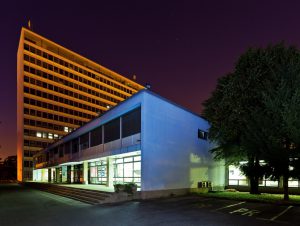
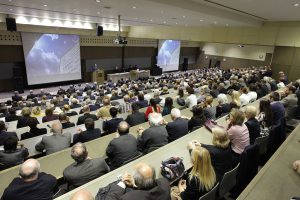
UNIZG-FER TEAM
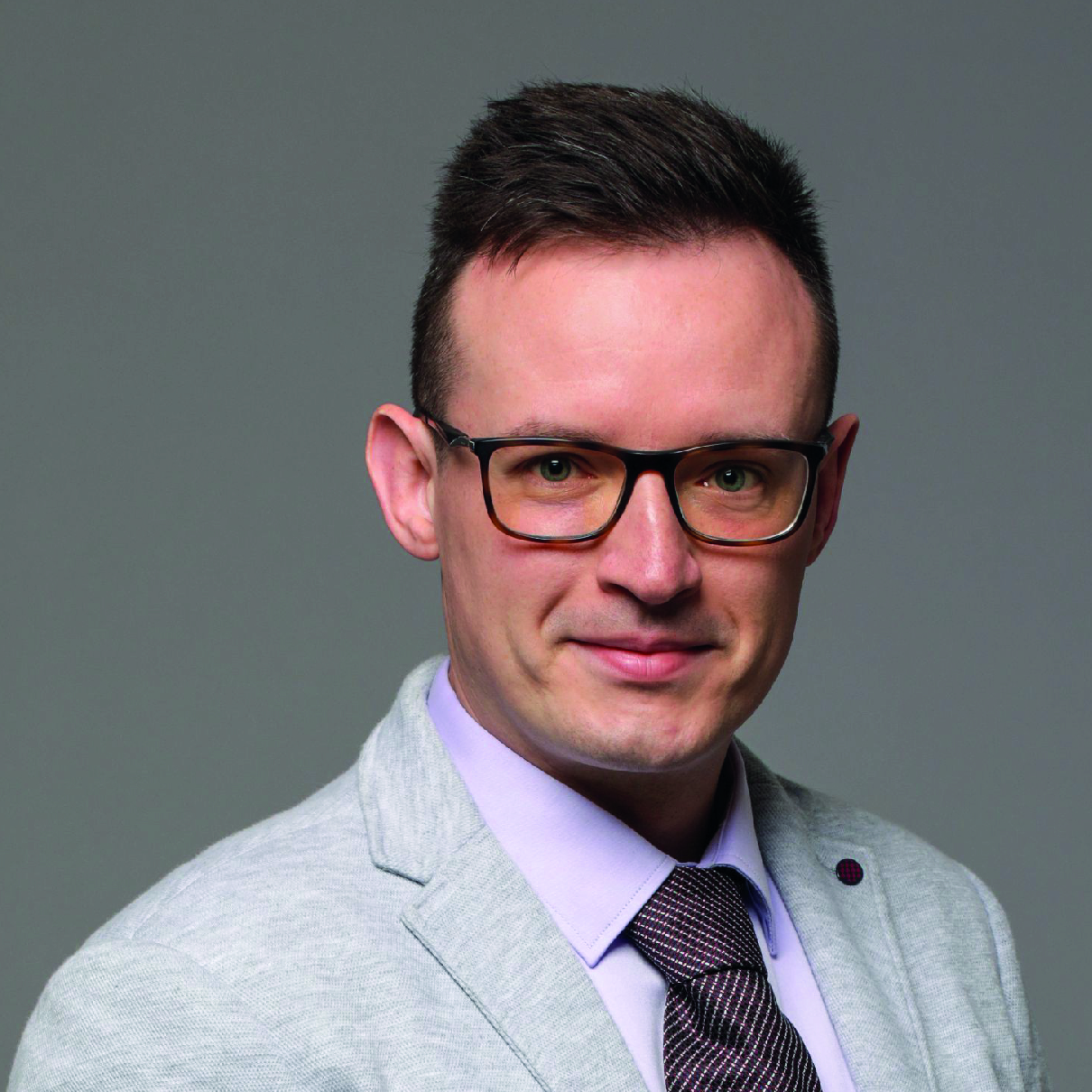
Jurica Babić
Project Coordinator
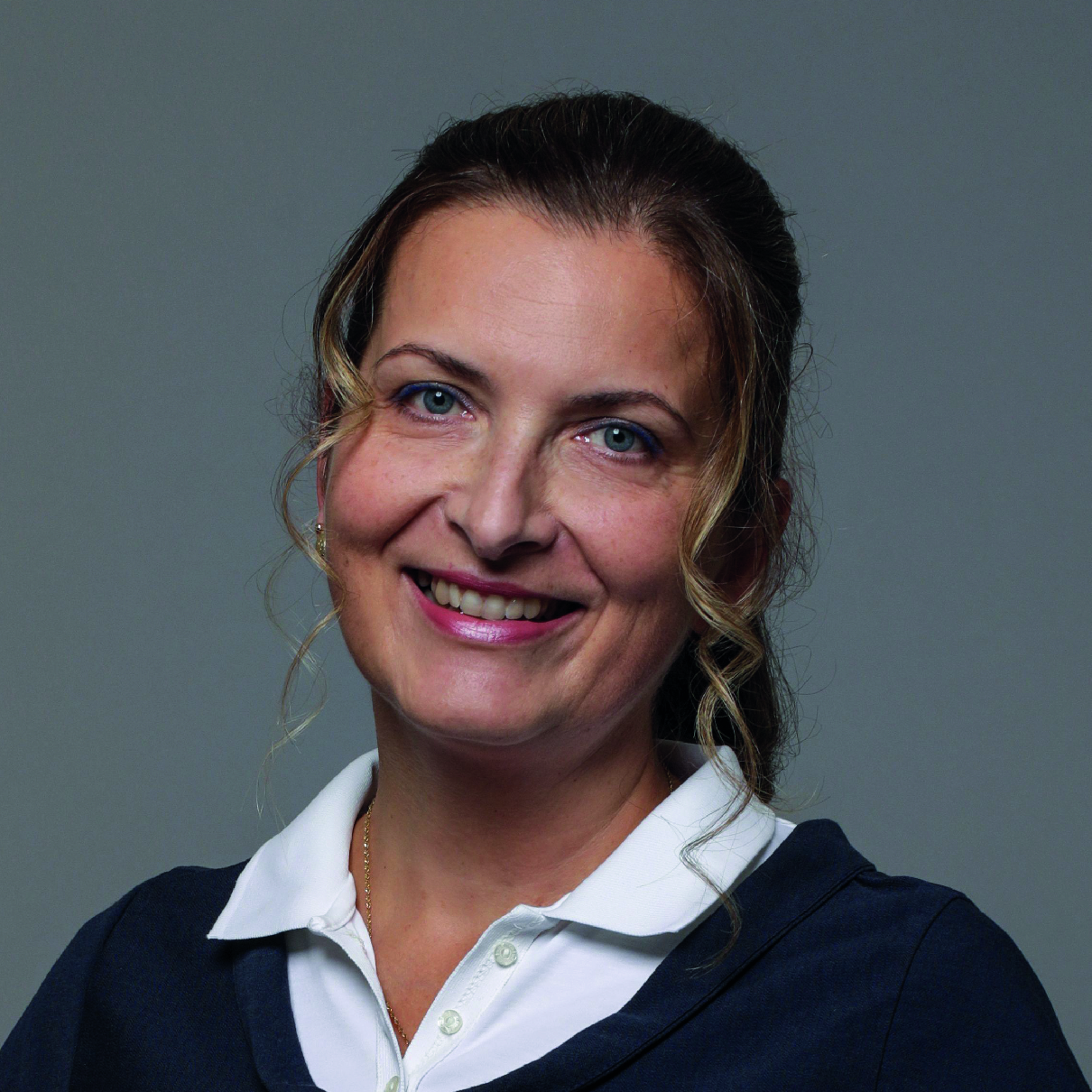
Željka Car
ICT-AAC Expert

Ignac Lovrek
SC Member
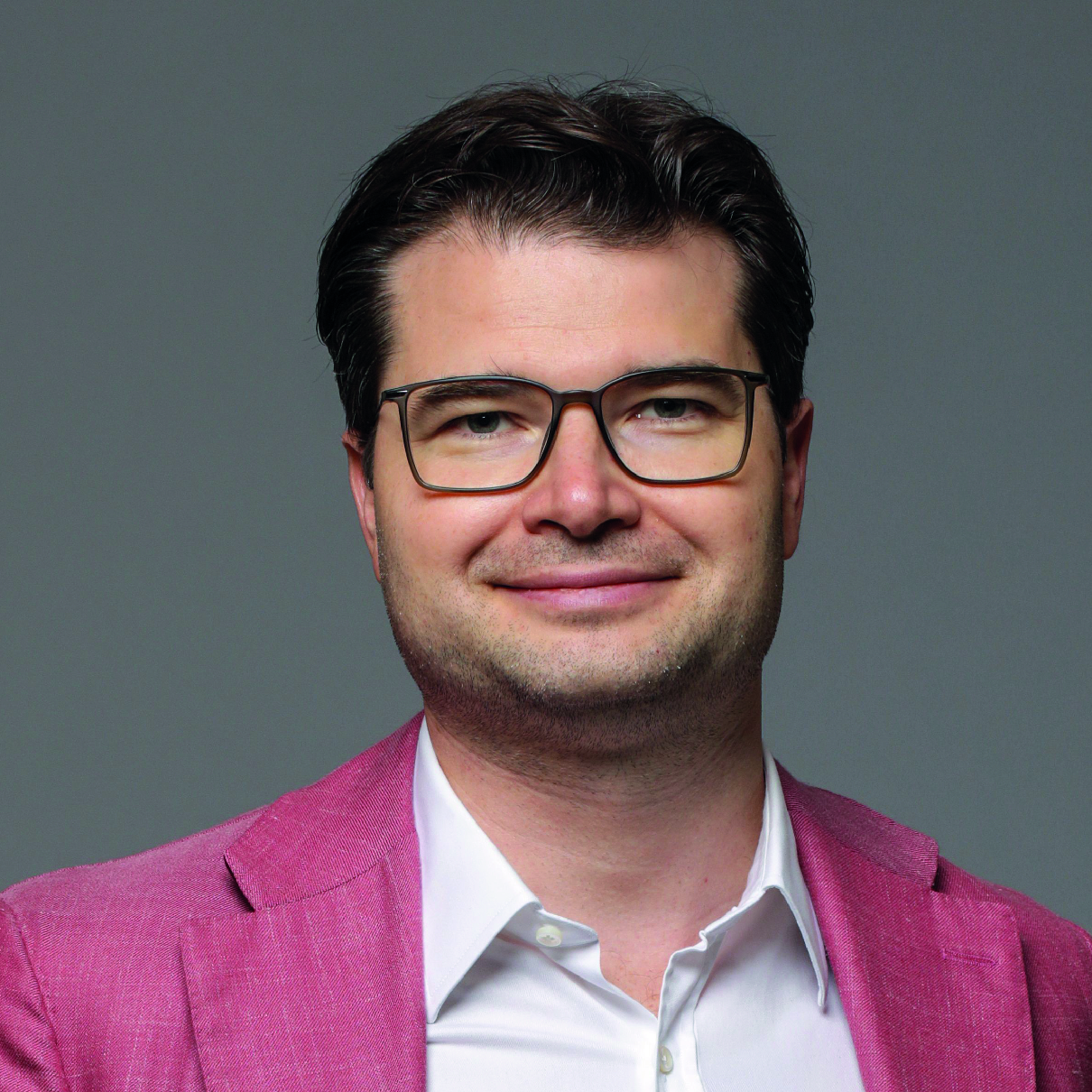
Vedran Podobnik
SC Member
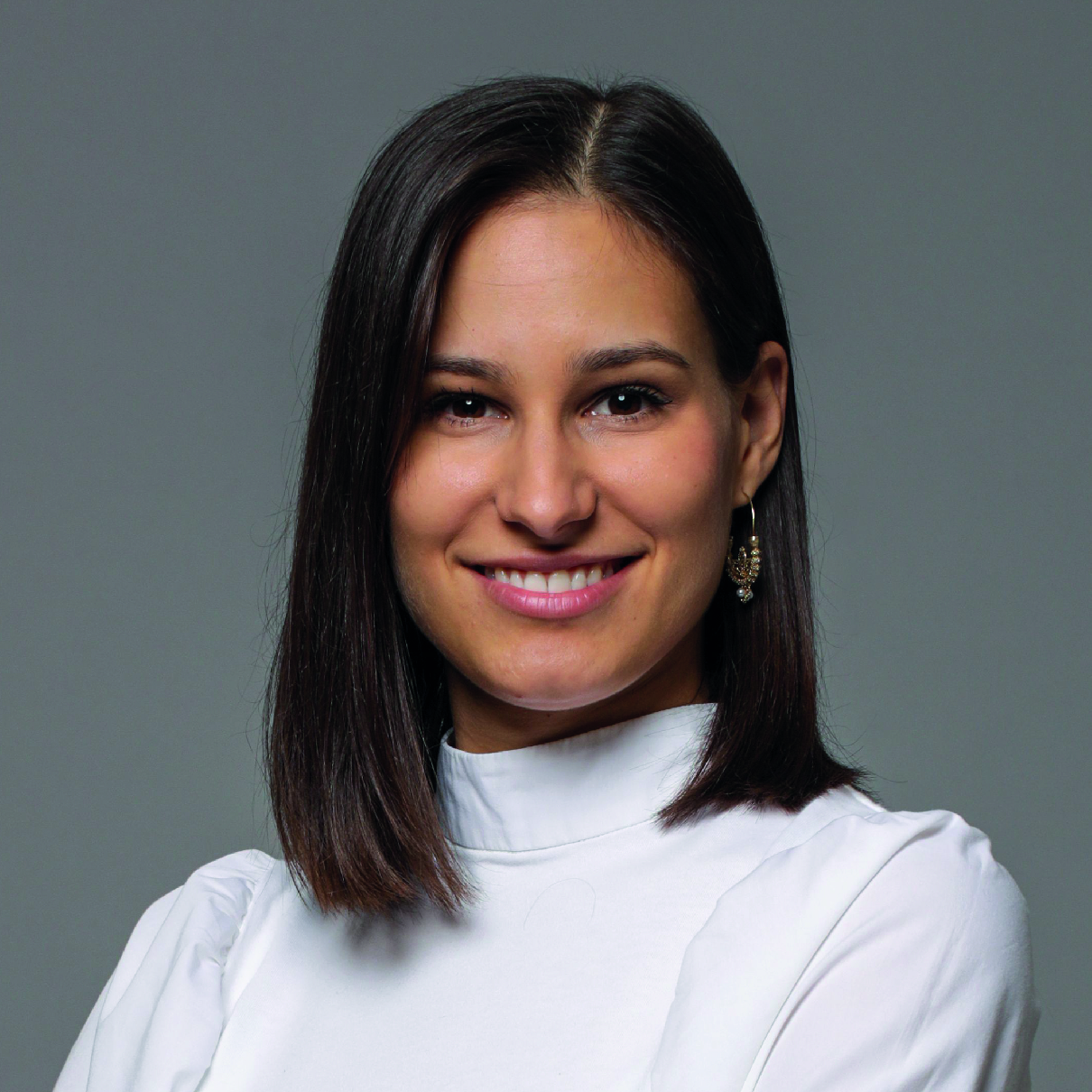
Ivana Slošić
Project manager and Designer
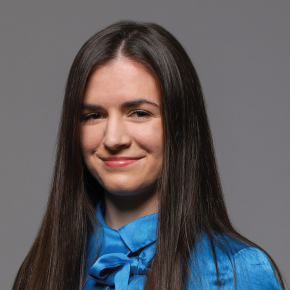
Katarina Mandarić
Hackathon coordinator
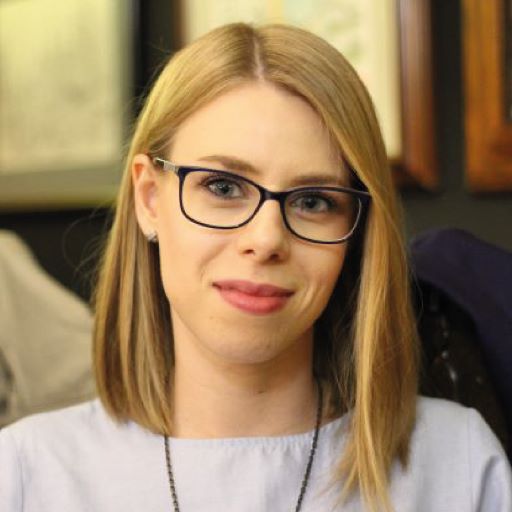
Matea Žilak
Media and event coordinator
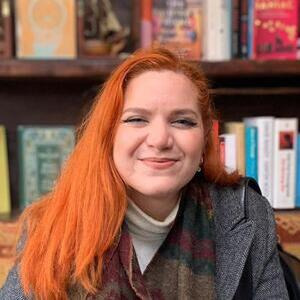
Ana Radović
Game developer
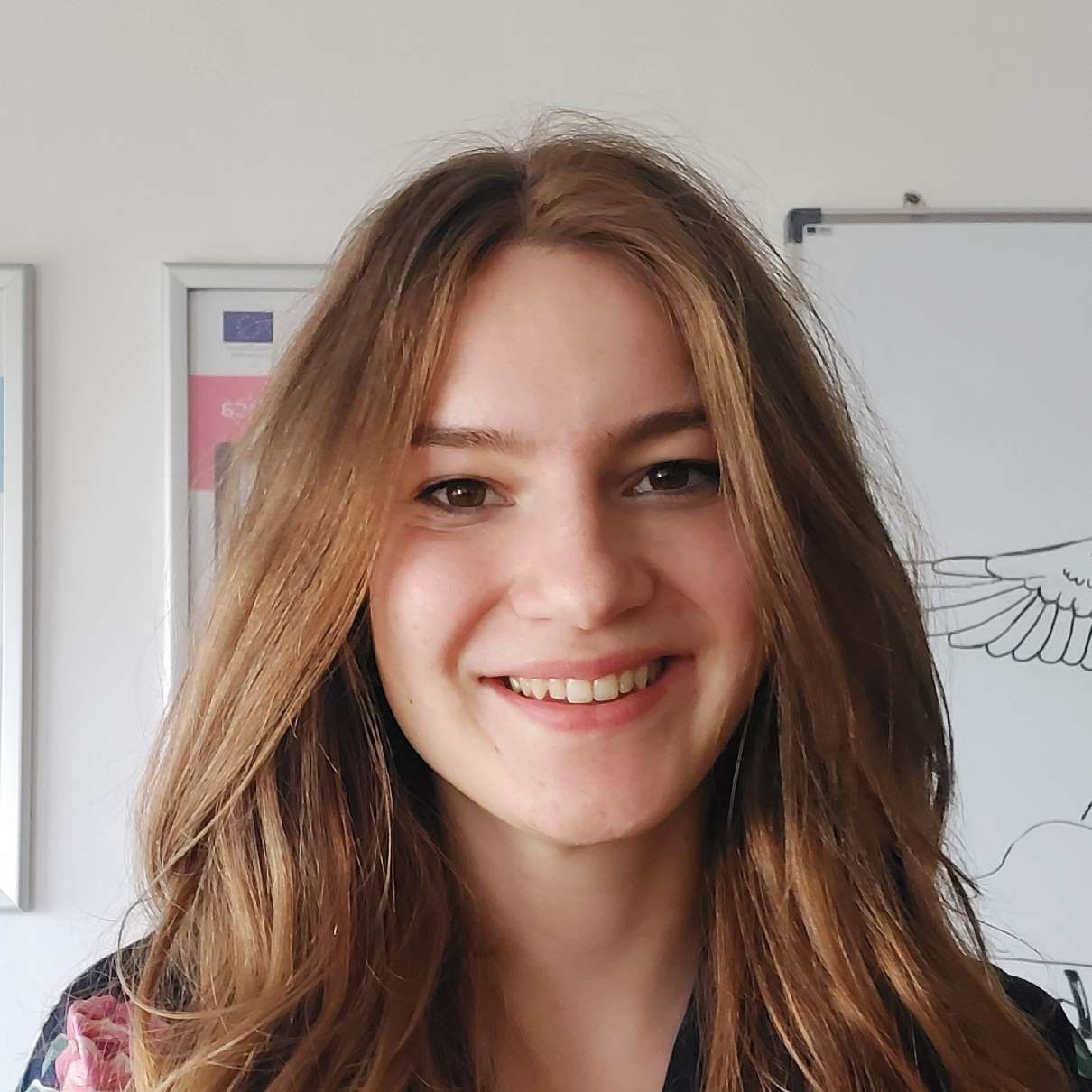
Matea Ognjenović
PR and event assistant manager
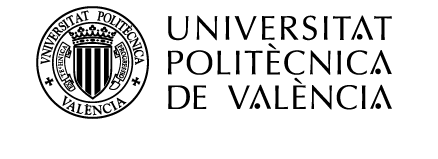
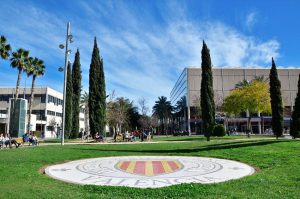
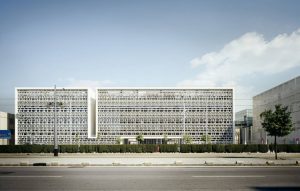
Valencia Polytechnic University (Universitat Politécnica de Valencia)
The Valencia Polytechnic University (UPV) is a public Higher Education Institution actively involved in international cooperation and mobility projects. UPV hosts over 25,000 students and employs over 5,000 people (teaching, research, and administrative staff). It is the first technological university in Spain according to international rankings (e.g. Shanghai Ranking of World Universities) and offers 36 undergraduate programmes (plus 21 double degrees), over 80 official Master’s degrees (including 4 Erasmus Mundus Master Courses) and 30 Doctorate programmes. In addition, UPV has an extensive catalogue of life-long learning courses (over 1.100). UPV has repeatedly ranked amongst the top 5 European Universities in student exchange figures under the Erasmus+ Programme. UPV has experience in the management of European projects and takes part in different actions: Erasmus+, Creative Europe, Horizon2020, etc. and in several international networks, having more than 1.000 international partners from over 90 different countries.
UPV TEAM
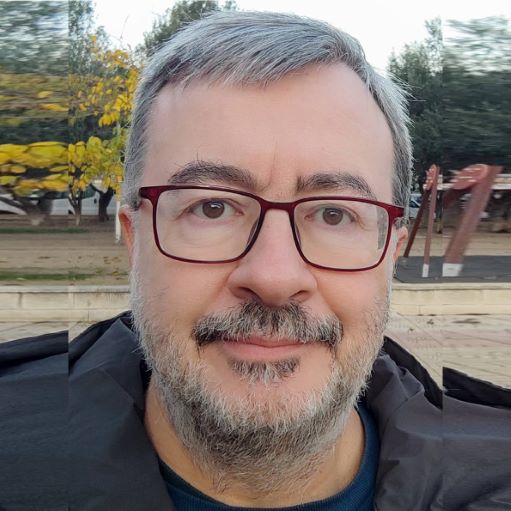
Felipe Penaranda-Foix
SC Member
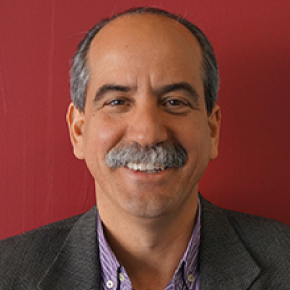
Carlos Hernandez Franco
SC Member
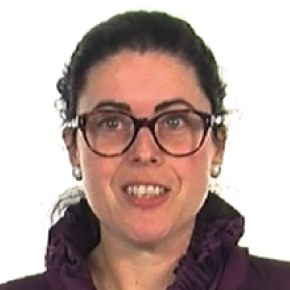
Carmen Bachiller Martín
SC Member
University of Debrecen
The University of Debrecen is more than four hundred and fifty years old, it is Hungary’s oldest higher education institution operated continuously in the same city and as one of the largest educational centres of the country it is a central player in Hungarian higher education. It has outstanding educational, research, and innovation capacities in international comparison as well and based on these it plays a major role in the realization of objectives of national strategy. It is also one of the top 500 universities in the world. The student community of 30,000 can study in 14 faculties (with more than 1500 faculty members), in institutions of excellent scholarly standard. As a leading university it is known in Hungary as an intellectual centre providing the widest spectrum of educational programs while also closely cooperating with the private sector, the business sphere, and the local government.
The university has been an excellent partner for the city of Debrecen from the very beginning and it is one of the main driving forces behind the city’s development. Besides the performance of its basic functions and duties at the highest standard and quality, we are dedicated to playing an active role in the development of the economy in the Northern Great Plain Region and acting as a service provider for innovation by companies of the region, primarily in the health industry, biotechnology, agriculture, and technology.
As an institution of excellence of the higher education in Hungary, in the spirit of the Magna Charta of the European universities, the University of Debrecen contributes to the development of the universal science and the Hungarian society by the highest level, multifaceted and multidisciplinary training, research and development. This mission is performed jointly by the lecturers, employees and students, by committed to quality and by cooperating with Hungarian and international partners. As a result of this:
the University of Debrecen can be characterized as an internationally renowned institution of education, scientific research and development in the field of medical and health sciences, agricultural sciences, humanities, health sciences, legal sciences, economic sciences, technical sciences, pedagogy, social sciences, natural sciences and music;
by aiming efficiency, flexibility, the increase of responsiveness, dynamic development and the rationalization of management, it becomes a more and more determining intellectual center of Eastern Hungary, with a close connection of the surrounding regions of the neighboring countries;
by considering the international processes and the compliance with social demands, it intends to release higher and higherqualified professionals by the extension of the higher-level vocational training, the elaboration and performance of the programmes of the multi-cycle training (bachelor, master, PhD), by the diversity of postgraduate trainings, continuous further education and the utilization of distant education, with a view to the lifelong learning;
as a research university and the central institution of the regional corporate innovation network, it is one of the key actors of economic development as well, therefore, it facilitates the cooperation of the private sector, business life, the local
government and the central government in the field of regional and transboundary education, research and development
programmes.
The University of Debrecen is able to prominently serve Hungary and the Hungarian citizens primarily based on its mission statement, by preserving its diversity, unity and systematic activity in every education level, from the pre-school education until the adult training. In addition to serving the education, research, curative and preventive activity and agriculture, the institution is committed to reinforce its relationships with the social and economic sector and as the third mission of higher education, to perform its cultural and sports tasks.


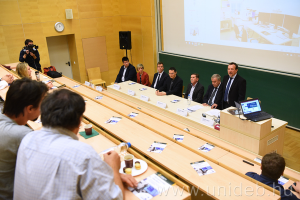
UNIDEB TEAM
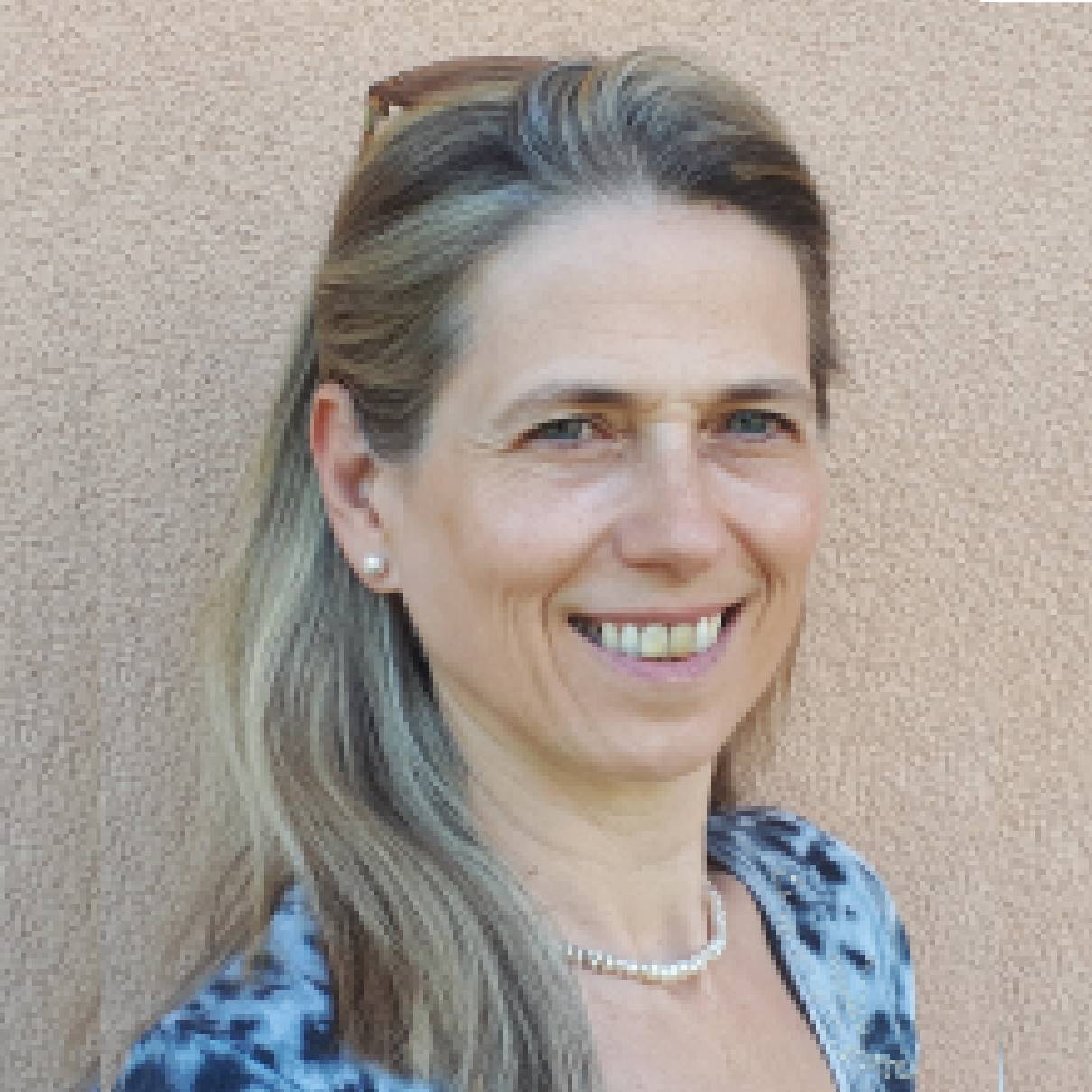
Marianna Zichar
SC Member
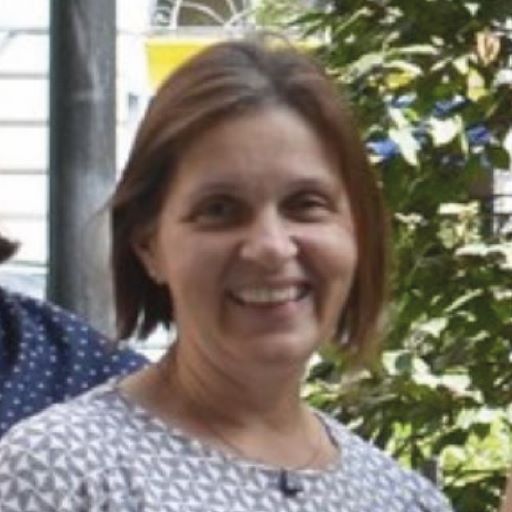
Ildiko Papp
SC Member
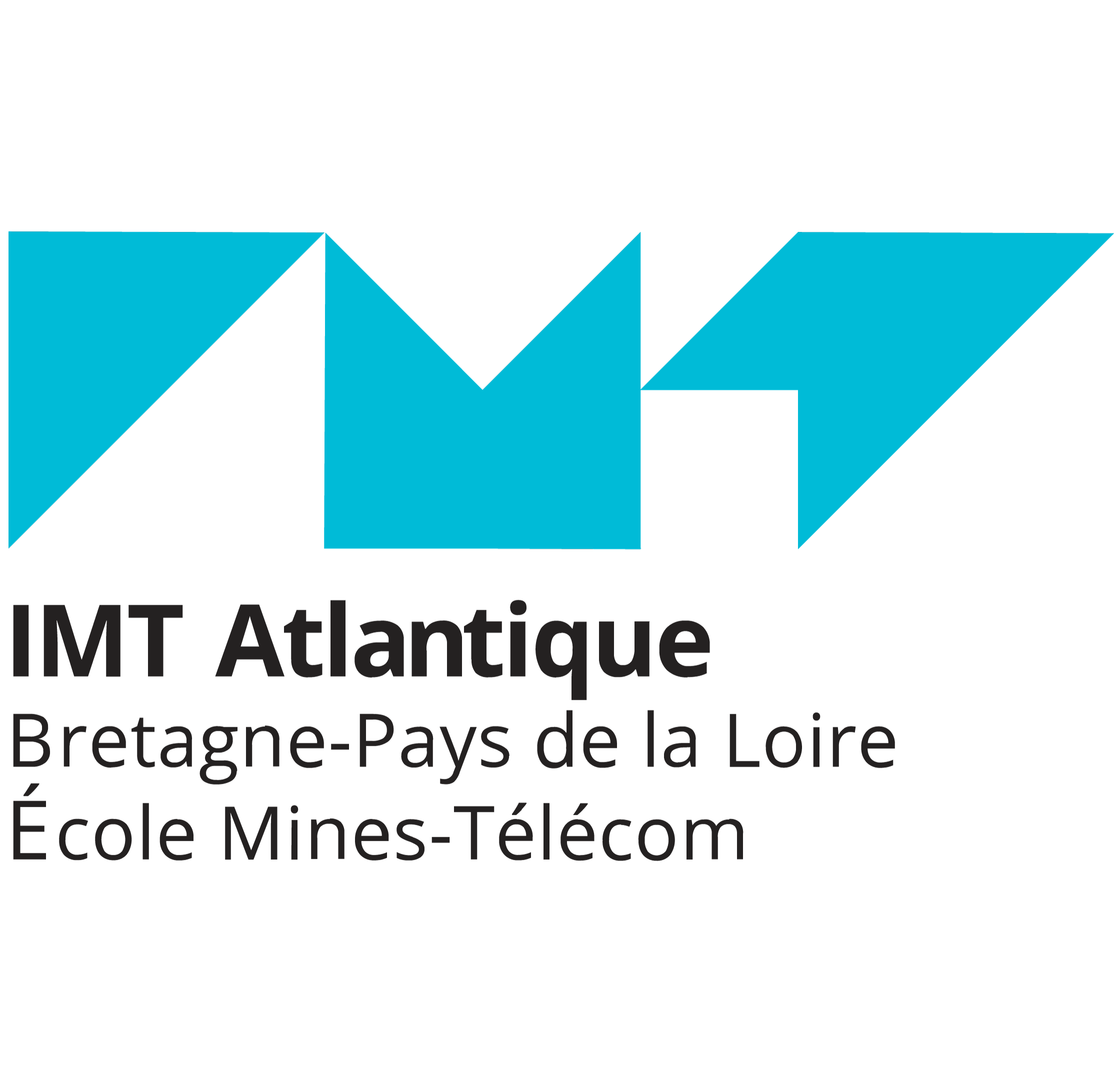
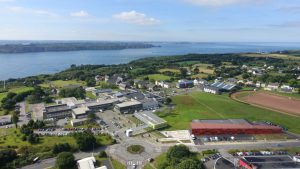
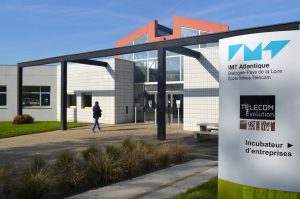
IMT Atlantique Bretagne Pays de la Loire
IMT Atlantique is an elite technical University, spread over 3 campuses: Brest, Nantes and Rennes, each with its own incubators. It is ranked as one of the 44th best young Universities. IMT Atlantique is part of the Institut Mines-Télécom and comes under the aegis of the Minister of industry and digital technology.
The School awards two apprenticeship engineering diplomas, master degrees, specialized master’s degrees and doctorates.
250 Lecturers and Associate Professors work at IMT Atlantique. There are 13.400, considering all trainings.
IMT Atlantique covers a large range of topics, combining digital technology, energy and the environment to transform
society through training and research.
The fields of application covered by the research conducted at IMT Atlantique are: Energy, Industry of the future, Health,
Security and safety of systems, Defence, Sea, Telecoms, Transportation, Environment, Cities and territories. The research is carried out in 6 joints research units: GEPEA? IRISA? LATIM? LABSTICC, LS2N and SUBATECH.
In a context where sustainable development and social responsibility have become imperative, IMT Atlantique asserts its commitment with a formally approved “Label DD&RS” approach since 2016.
Through partnering with major stakeholders, we strive to constantly improve our positive impact on the environment, the quality of life and the sustainability of the economy. IMT-Atlantique contributes to the achievement of the 17 Sustainable Development Goals (SDGs) adopted in September 2015 by the 193-member countries of the United Nations through all its businesses: training, research, finance, human resources, etc. and that is the reason why IMT Atlantique has established 5 strategic actions oriented and equipped itself with a Sustainable Development and Social Responsibility Policy, which places sustainable development and social responsibility at the heart of its strategy. The actions below illustrate some of the initiatives carried out at IMT Atlantique:
1. Strategy and governance: through this annual initiative, the President asks each of his collaborators to report on at least one SDSR (Sustainably development and social responsibility) action implemented during the year and to define at least one SDSR objective for the coming year.
2. Education and training: the engineering education at IMT Atlantique includes a compulsory 80-hour module for first year
engineering students. The competences targeted by this module are: responsibility, anticipating and evaluating impacts,
developing and implementing a systemic approach, working and learning together, developing and implementing foresight.
3. Research: IMT has applied for the European Commission’s “HR Excellence in Research” accreditation, “HRS4R” (“Human Resources Strategy for Researchers”) to become more attractive to of foreign researchers and to position itself in terms of European funding. IMT Atlantique has therefore geared its research towards the H2020 programme by aiming to coordinate projects in connection with our interdisciplinary research themes on water, air, energy, waste, health, environment, ocean, and by fostering incoming and outgoing mobility for both researchers and PhD students.
4. Environmental management: first, the information systems department has installed thin-client workstations: the virtualized servers carry out the processing, with the client workstation only providing display functions.
Controlling our water consumption was, along with that of energy and recycling, one of the very first actions of the Sustainable Development approach, with the aim of reducing our water consumption by 20%.
5. Social policy and local roots: our strong belief that in the importance of quality of life has led to the implementation of support measures for staff (Social Diagnosis, Assistance Unit); prevention/awareness measures (e.g., the “Quality of Life at University” programme); the development of a new approach to the quality of life at IMT.
IMT TEAM

Catherine Sable
SC Member

Alison Gourves
SC Member
University of Dubrovnik
The University of Dubrovnik (UNIDU) is a public university founded in 2003 and located in Dubrovnik, Croatia. It was founded on a very long tradition that dates to the 17th century and on decades of modern higher education. The vision and mission of UNIDU are to become internationally recognized institution that actively contributes to local, national and international academic community through education and scientific work coherent with highest standards of excellence.
UNIDU has been taking care about the City’s history, its present and its future, and has been paying particular attention about the synergy of the academic and the local community introducing study programmes that are based on Dubrovnik’s rich tradition and culture as well as study programmes with an international focus. This is exactly in line with the strategy of the University of Dubrovnik as well as its vision and mission.
International cooperation and the excellence of study programmes as well as of scientific and research work are the key determinants of UNIDU development plan. Over the years UNIDU participated in numerous international academic initiatives such as: TEMPUS, EU Framework Programmes, Instruments for Pre-accession Assistance and Structural Funds as well as in those financed from other international organisations. It is one of rare higher education institutions in Croatia to offer double degree master programmes. All study programs are compatible with the Bologna Declaration and follow the 3+2+3 scheme which provides the guarantee of ECTS and mobility of students and teaching staff. The newly opened Student Dormitory has been a great facilitator for this.
Today, the University of Dubrovnik consists of six departments: the Department of Economics and Business, the Department of Maritime Studies, the Department of Electrical Engineering and Computing, the Department of Applied Environmental Science, the Department of Communication Sciences and the Department of Arts and Restoration, and it also has several separate study programmes. The University offers 14 three-year undergraduate university programmes, 3 three-year undergraduate professional programmes, 12 two-year graduate university programmes, 2 two-year specialist graduate programmes, 1 specialist postgraduate programme and 6 inter-university postgraduate (doctoral) programmes. The Institute for Marine and Coastal Research and the Institute for Mediterranean Cultures are also part of the University of Dubrovnik, and the University has an out-of-institution link with the Student Centre. The UNIDU has approximately 1500 full time students, and more than 110 exchange students every year.
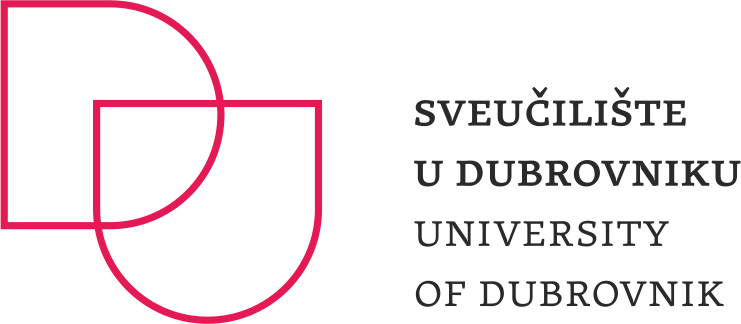
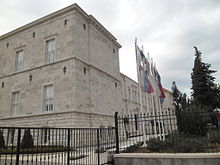
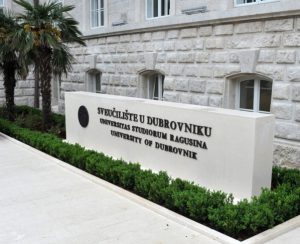
UNIDU TEAM
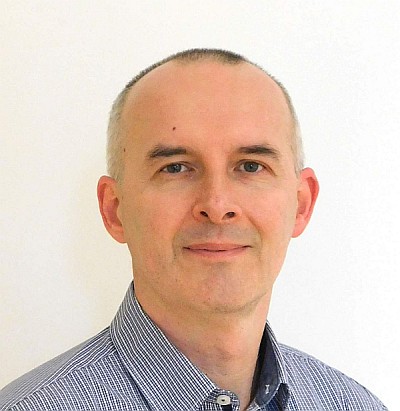
Krunoslav Žubrinić
SC Member
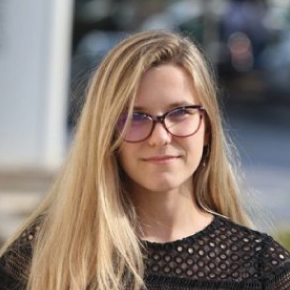
Ana Kešelj
SC Member
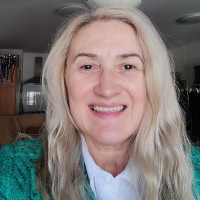
Ivona Zakarija
SC Member
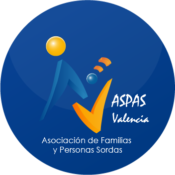
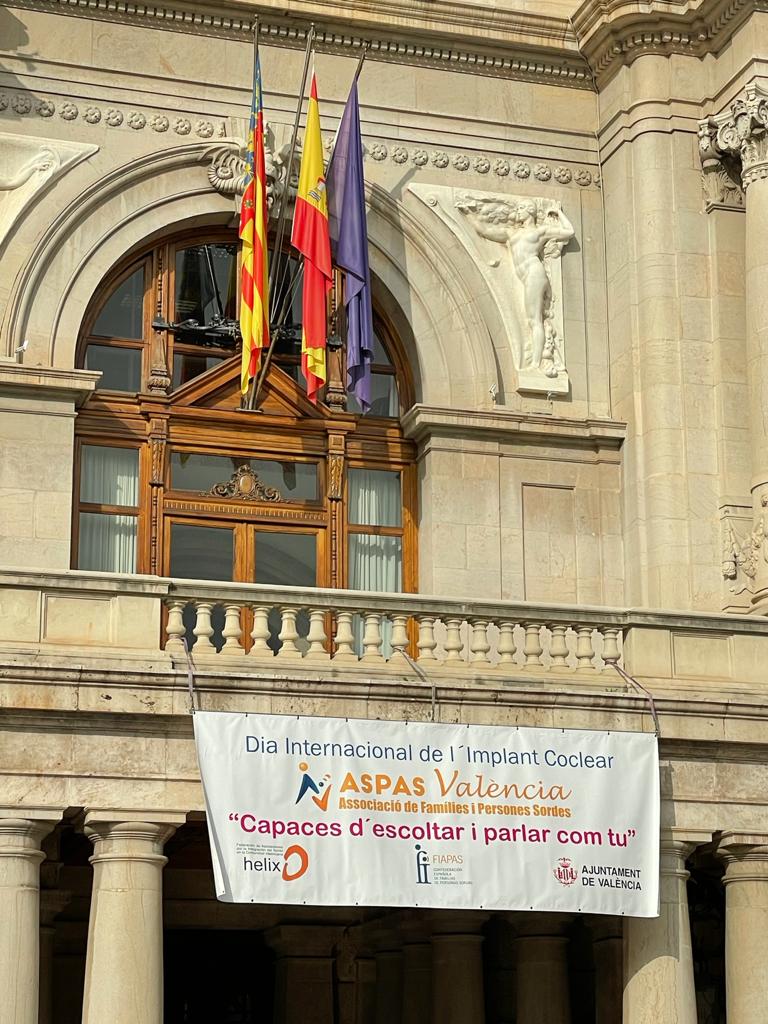
Asociación de Familias y Personas Sordas de Valencia (ASPAS Valencia)
Aspas Valencia was born from the need for parents to find a common framework that serves as a reference and support in all actions to achieve a better quality of life for their children, in particular, and for families, in general. It arises from the need and interest of these parents to actively participate in solving their problems (whether in everyday life, in the educational, institutional, or work spheres), both by making their needs known and by proposing solutions to them.
ASPAS-VALENCIA aims to promote and carry out all actions that improve the quality of life of people with hearing disabilities, constantly seeking their entire family, educational, social, and work integration. This purpose is specified in the following objectives:
Watch over the rights of people with deafness.
• Guide and support families:
– in the face of their new family situation of a child with a disability.
– in the needs that arise in their development.
– in their life path.
• Manage collective claims in the medical-health, educational, social rehabilitation, leisure, etc., fields.
• Promote the Labor Insertion of deaf people.
• Promote courses, conferences, and any other activities that inform us and update us on the world of deafness in all its facets.
• Inform about official aids and evolution of the technical means that facilitate the best communication of the deaf person with his environment.
• Cooperate with the Official Organizations to elaborate the laws that affect us at an educational, health, and labor level.
• Inform and raise awareness in society about the reality of people with hearing disabilities (campaigns, press, radio, television).
• Maintain contacts with other Valencian, national, or foreign associations of the same nature.
• Carry out programs to exchange experiences between family members and people with hearing disabilities.
Aspas Valencia develops various areas of action aimed at deaf people and their families:
• Service area
– Economic-Administrative Department
– Family Care and Support Service (SAAF)
– Labor Insertion Service
– Logopedic Rehabilitation Service
– Psychological Care and Counseling Service
– School Support Service
– Accessibility Support Service Hearing and Oral Communication Support Resources. Live subtitling (stenotype), through our HELIX federation.
• Training area
Activities aimed at Fathers, Mothers and People related to the Deaf Person (Family Schools, Training Activities).
Activities aimed at Deaf People and their Families (School Support, Comprehensive Reading Courses, Training Courses, Job Search Courses, Social Skills).
Activities aimed at professionals with hearing disabilities (Courses, Colloquiums, Internship Program for university students, Free choice university courses).
• Dynamization Area
Associative leisure and free time activities, Video Library, Volunteer Program and Documentation Service.
COORDINATING FEDERATIONS OR NETWORKS TO WHICH THE ENTITY BELONGS
– At regional level: HELIX (Federation of Associations for the Integration of the Deaf in the Valencian Community) and
CERMI-CV (Committee of Representatives of the Disabled in the Valencian Community)
– At the national level: FIAPAS (Spanish Confederation of Families of Deaf People)
ASPAS TEAM
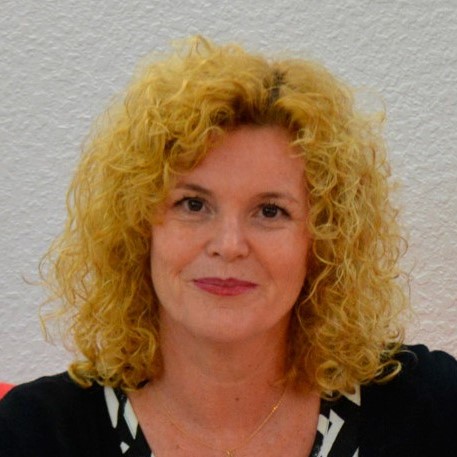
María Pérez Maldonado
SC Member
